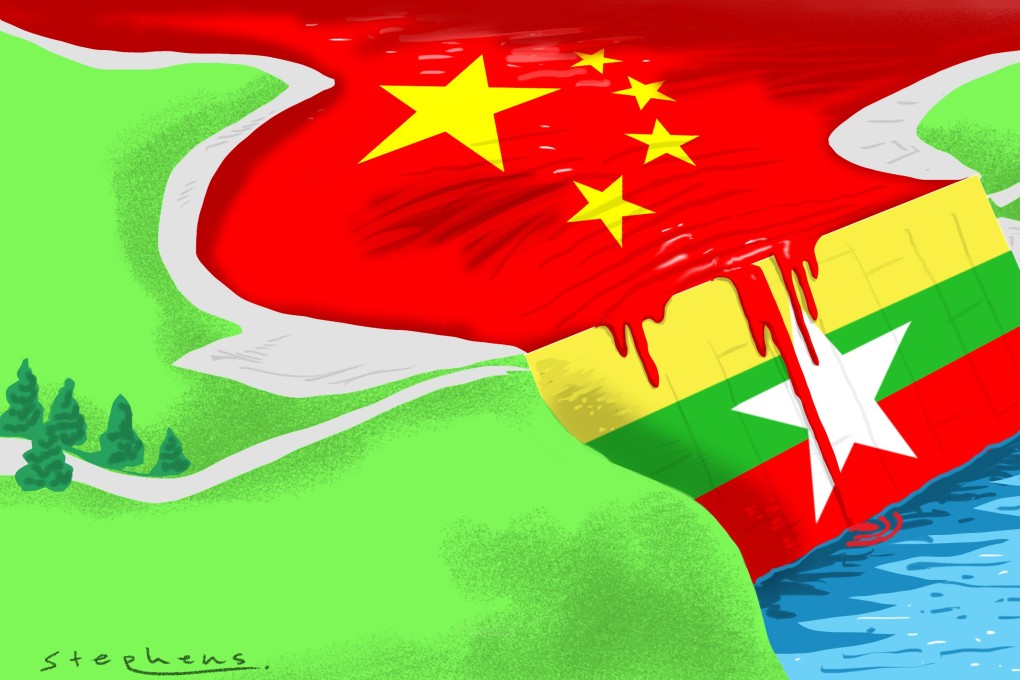Myanmar and China may have no choice but to scale back and move their troubled dam project
- Aung San Suu Kyi wants cooperation with China and says backtracking on Myitsone would be a blow to Myanmar’s reputation
- However, intense local and environmentalist opposition to the project may force a change, if not an outright scrapping

Though no decision was made in Beijing this time, a solution cannot be far off. Myanmar's top leaders have signalled subtle changes in their attitude towards the project.
On January 10, Aung San Suu Kyi, during a launch ceremony of the upper Namhtwan hydropower plant in Kachin's Putao, said that the Myitsone project has implications for national reputation. On January 22, in Kalay of Sagaing region, she answered questions from the public. She said that the incumbent government could not just cancel the previous government's project, otherwise the country would lose its credibility. On March 14, she met people in Pyay of Bago region and said, “We have to think politically, socially and economically, and we could make a wrong decision if we see it from one perspective”.
The technical problems caused by the Myitsone project, such as potential environmental damage, displacement and dam collapse, are not really the key issues. Myitsone draws a lot of attention in Myanmar, basically, because of politics.
